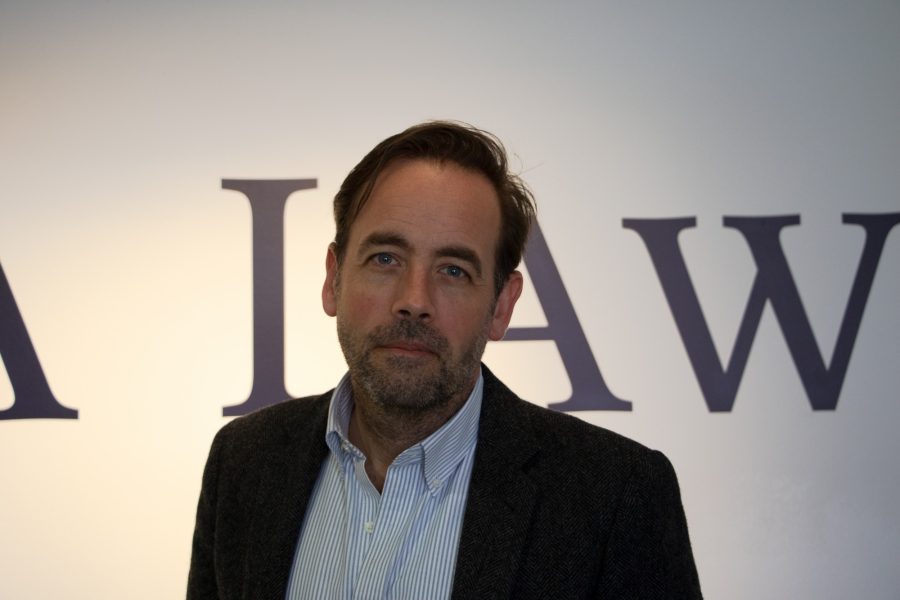Christopher Robertson, a University of Arizona professor and researcher for the James E. Rogers College of Law, recently published the results of a study he performed that disproves the common misconception that race and class bias affect criminal prosecution.
The study was performed over the course of two years as a controlled experiment on 470 prosecutors nationwide. The prosecutors all received exactly the same case in the study, but it was manipulated so the prosecutors saw different versions that changed whether the defendant was black or white and had the profession of either fast food worker or accountant. The experiment was performed online as a survey asking how they would resolve the same case.
These decisions would then be ranked on a severity index and all the data were processed and analyzed by Robertson and his team, then averaging it out among the variables. The prosecutors did not know what the hypothesis of the study was, which was that there would be race and class bias based on research they had seen in relation.
Robertson’s interest for this study came from the millions of people getting incarcerated and the disproportion of Blacks and Hispanics largely being the ones who are. Through all the factors of how people are incarcerated, Robertson determined it is the prosecutors that are the most important.
“Prosecutors have so much discretion,” Robertson said. “We decided to focus on their decision making as the biggest factor that is driving these outcomes.”
RELATED: UBRP Conference showcases undergraduates’ biology research
The hypothesis was shown to be wrong and that there was a null outcome, which was not what had been expected. The study showed that prosecutors commit to addressing disparities in sentencing defendants. Robertson admitted that there could have been a possibility that the subjects could have realized they were being tested based on race and adjusted accordingly, but making the cognitive decision to adjust racism is very difficult to do.
He thinks that seeing no big outcomes reflects the prosecutors making affirmative attempts to avoid bias. It also suggests that there are many factors that go into it though, and leaves a bigger question of where does this disparity come from? Why are there so many more minorities in prison than whites? Robertson thinks that it is a bigger, systemic issue that we face as a society that involves poverty, families being broken up by incarceration, education, and other factors.
While there were two variables, each with two levels (white or black and fast food worker or accountant), there was also a third, blind variable, where the race and occupation of the participants was unknown, that was equally distributed just like the other variables among the subjects of the experiment.
Robertson’s reasoning for this third, blind variable was a set up for another experiment he has in the works that will see prosecutors having only necessary information and removing mugshots, class, race, etc. from the information that prosecutors see that decide the outcomes for these defendants.
The variable was put into place with the idea that this hypothesis for the original experiment would be supported and would be strong reasoning to support blinding as a solution for race bias and hopefully implementing this all across the country. That possibility is far in the future, especially with this study having an opposite outcome than expected.
Robertson’s next step is still moving forward with his next experiment that will be a study of the public and if they would trust the system more because of blinding. It is the hope that blinding could be a solution to a lot of race bias issues and the public’s skepticism of the justice system. He is working with people around the country on this next study and hopes to see it going into the works soon.
Follow Maggie Rockwell on Twitter









